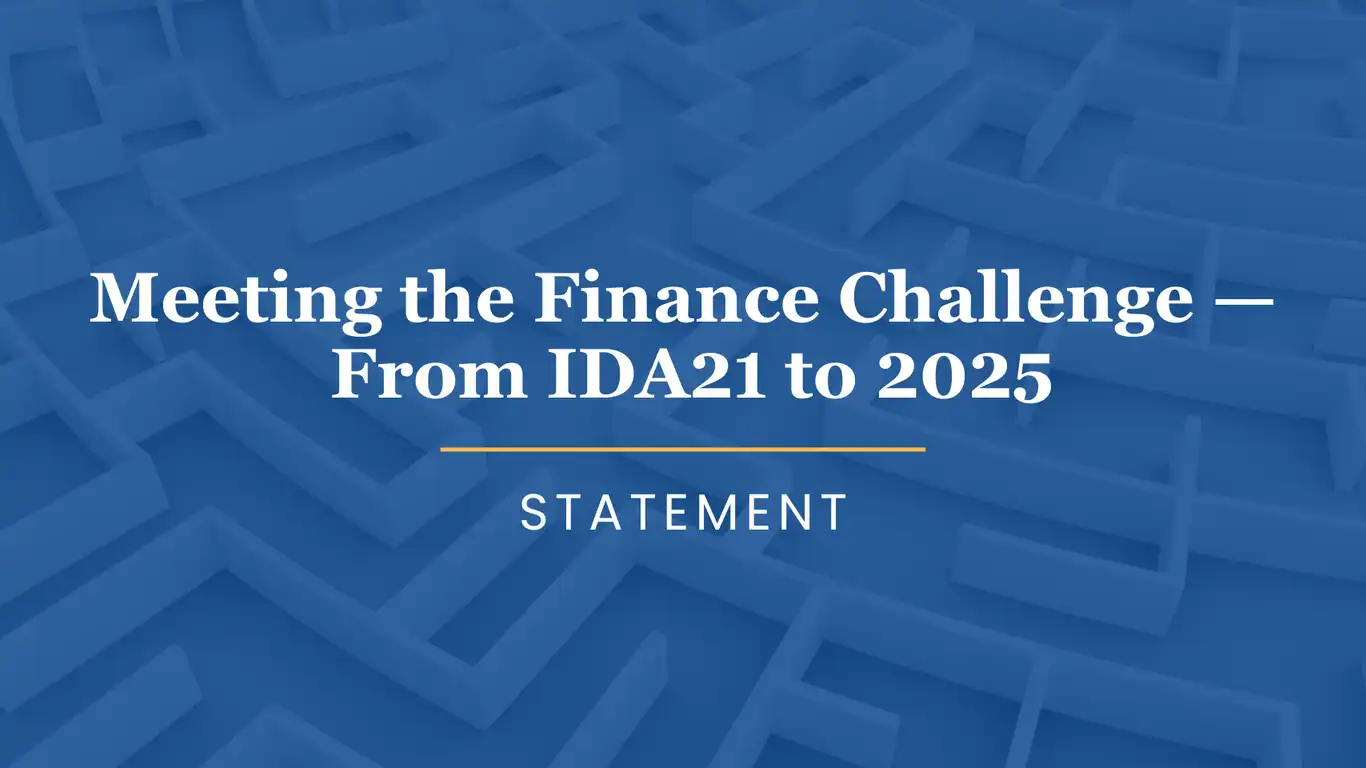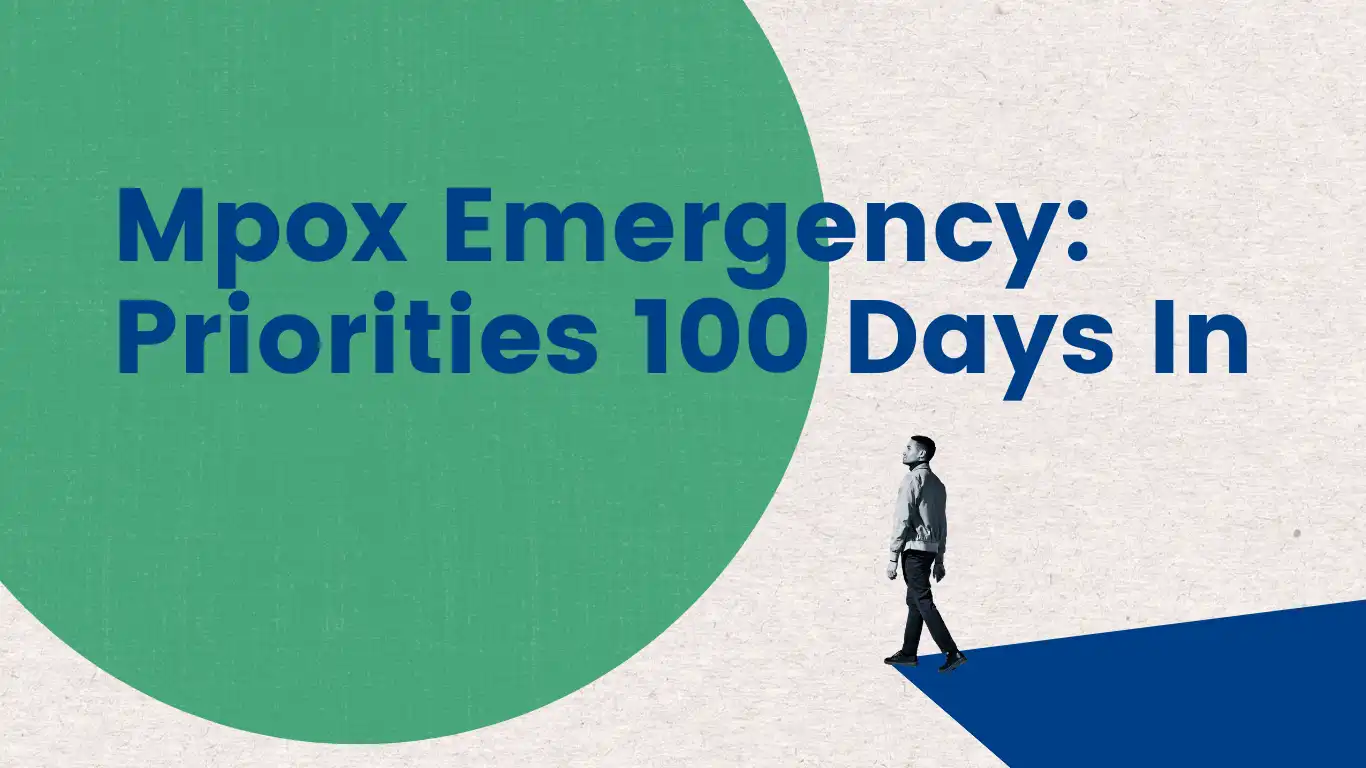Dear Kristalina Georgieva,
We are writing from a wide range of organizations to thank you for the leadership you have shown in convening a task force to implement a roadmap to vaccinate the world. We would like to call on you to bear the following principles in mind as you take that work forward:
Draw up the plan, commit to doing whatever it takes to vaccinate at least 70% of people in all countries, and get them the tests, treatments, and PPE they need alongside vaccines. A comprehensive, coordinated strategy to get to global herd immunity as soon as possible is urgently needed. Many organizations are drawing up such plans, but you are in a position to draw all of these strands together and make sure there is a one-stop-shop costing that is not limited by numbers, mandates, or politics, but focuses on setting out what it will take to end this pandemic.
Make US$50B the floor; the ceiling will be much higher: Most existing calls for funding are focused on procurement. Yet multiple studies show that it will take billions more on to fully deliver a global response that enables countries to deliver a COVID-19 response and mitigates the impacts of COVID-19 on the most vulnerable. Your plan needs to include a comprehensive costing and analysis covering all elements of the global response. This should identify gaps in supply, procurement, as well as resources needed in-country for the delivery of vaccines, tests, and treatments – ACT-A finance, for example, does not cover rollout costs from “tarmac to arm” of its own vaccines. Ensuring the costs needed to administer vaccines and other COVID-19 tools — including to health systems and health workers, including frontline and community health workers — are also met, so that vaccines and other tools are not just available but also delivered and administered, as part of a fully-costed global plan to reach global herd immunity.
Maximize grant funding for the global response: As you have said ‘vaccine policy is economic policy’, and until countries are vaccinated to at least 70%, all other COVID-19 tools — tests, treatments, PPE, and the ability to deliver all tools — are an integral part of the strategy. We are looking at a situation in which the best investment high-income countries (HICs) could make is investing in the global response, and they should do this from their own reserves, outside of ODA budgets. We ask that you maximize grant funding for low- and middle-income countries (LMICs) within this plan and get HICs to agree to a burden-sharing model to set out fair share contributions leveraging funding streams outside of ODA budgets.
Maximize the 650B in SDRs, frontloading whatever is possible: Your team is looking at recycling options for the 650B in SDRs. Announcements so far suggest that 100B of this might be available for LMICs. We should make as much of the 650B as possible available for LMICs to both help their domestic budget situations and fund the global deployment of COVID-19 tools — as well as potentially freeing up funding for climate needs as set out in the G7 communiqué. We urge you to look at ways to free up as much of the 650B for LMICs, and to maximize the amount that can be freed up in the short term to contribute to funding the global COVID-19 response.
Bring stakeholders into the War Room: Representatives from LMICs, health ministries, health agencies, and civil society can all help advise on your work. Bring us in, we are ready to contribute.
We would welcome the opportunity to discuss these urgent matters with you in the coming days, at your convenience — we have no time to waste. Many thanks for your attention to these issues, and we look forward to hearing from you.
Your sincerely,
Eloise Todd
Co-founder
Pandemic Action Network
On behalf of:
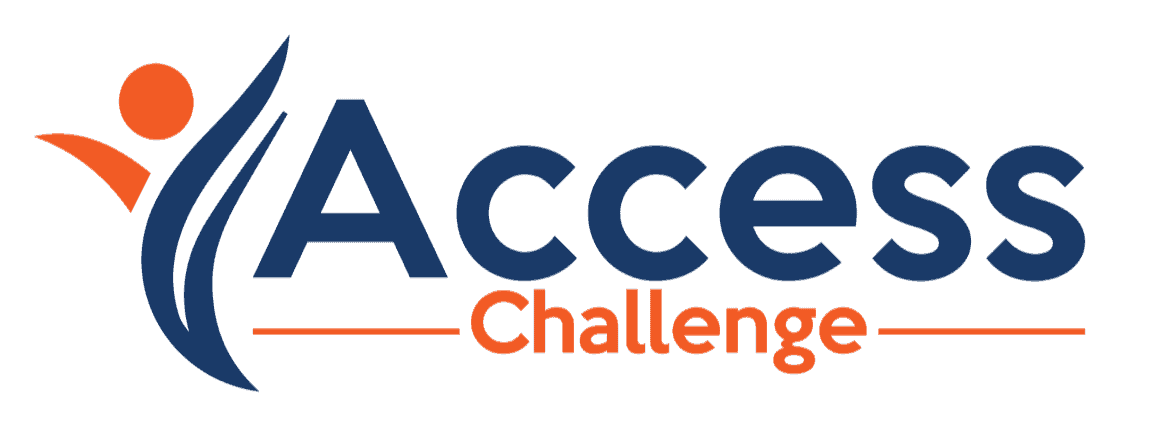

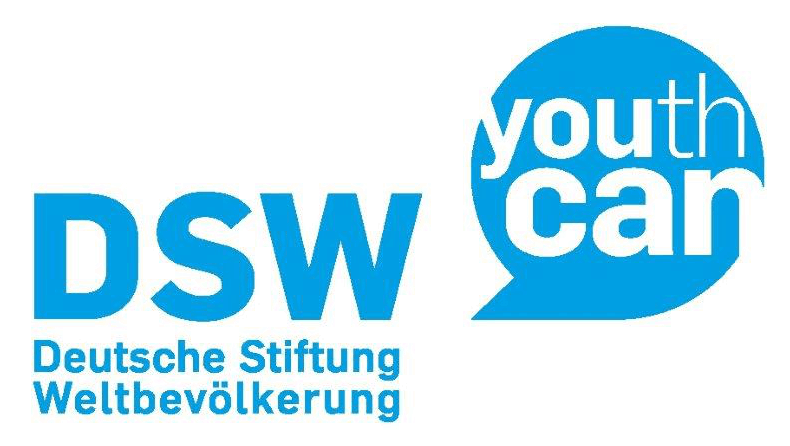
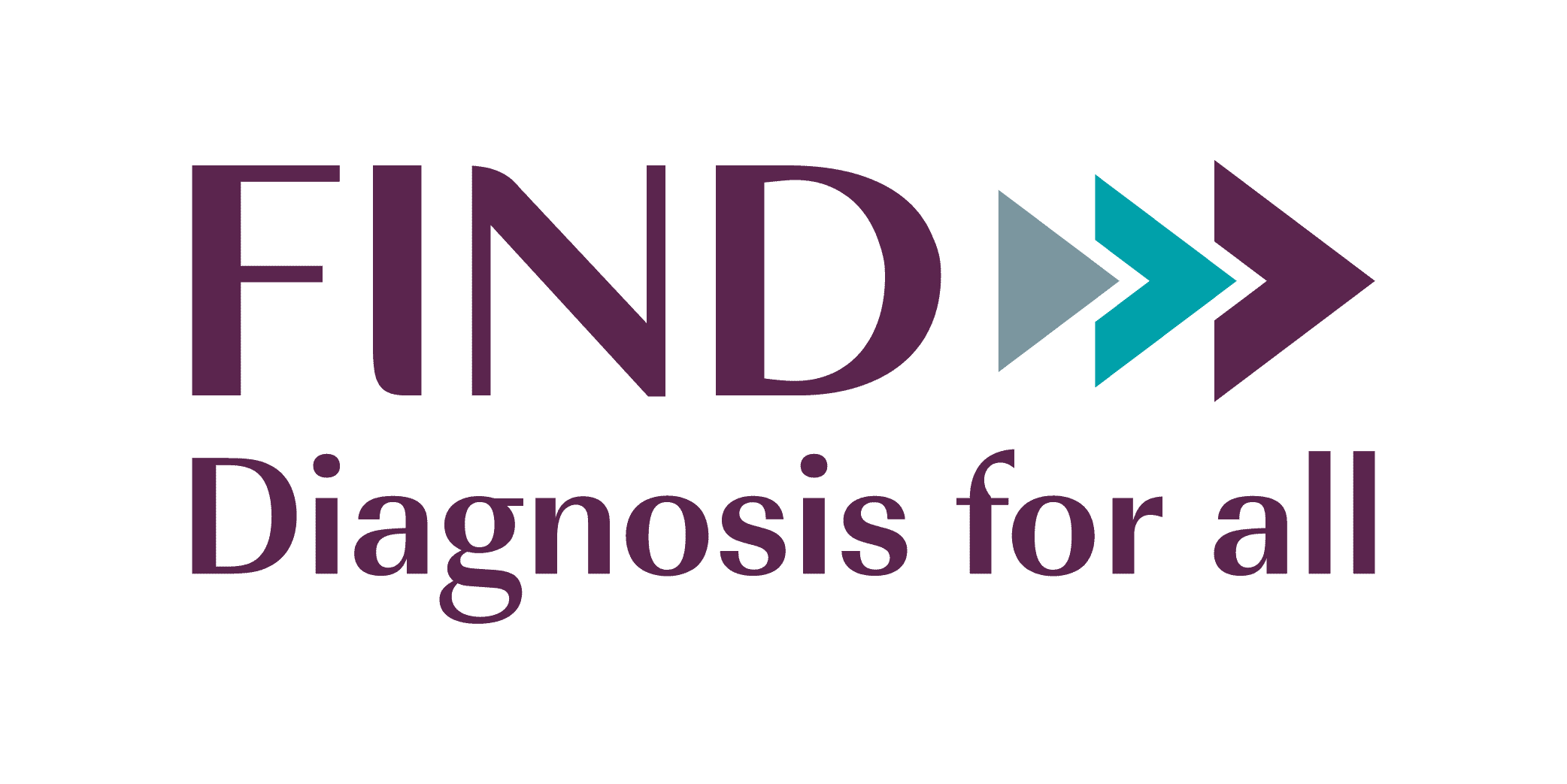
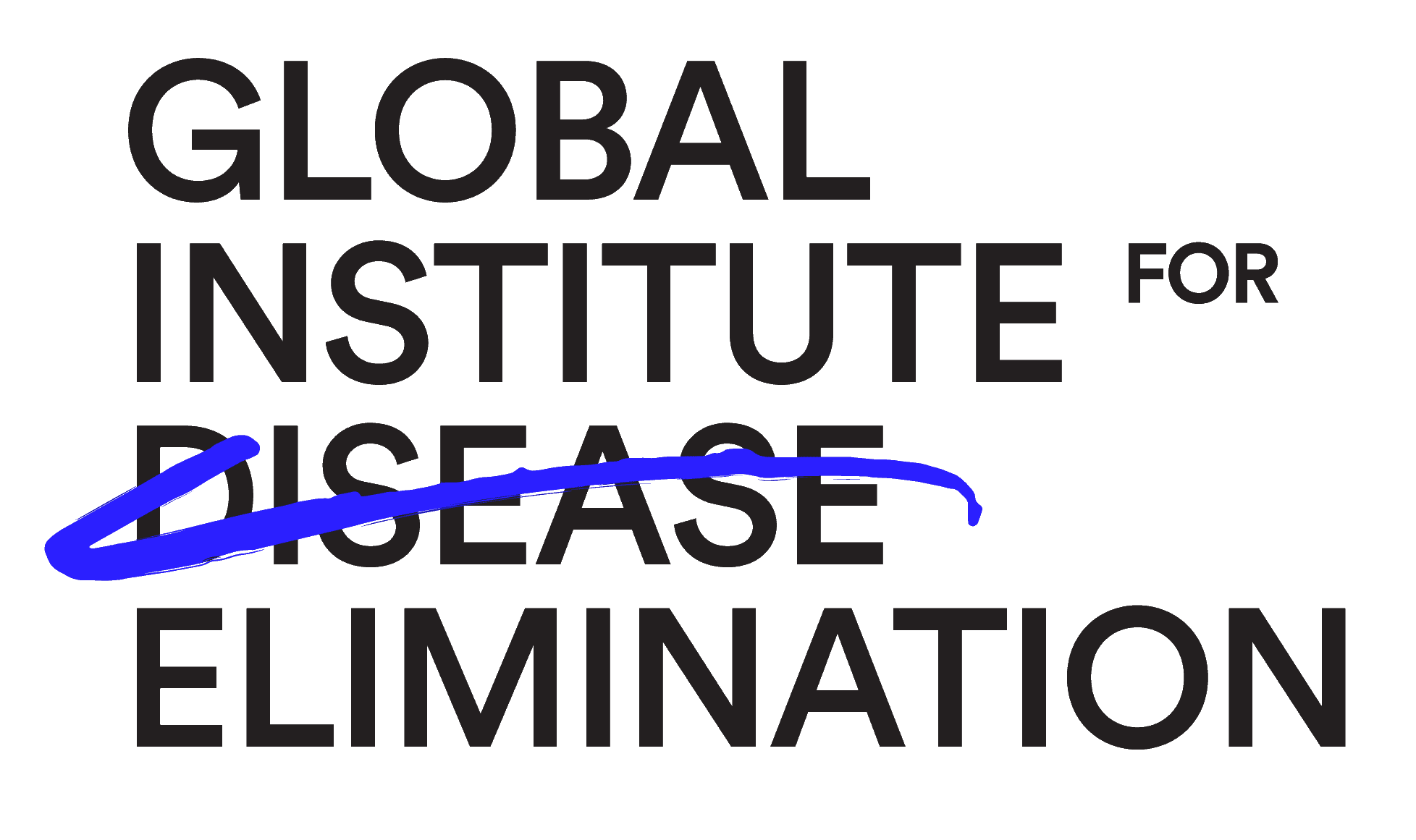
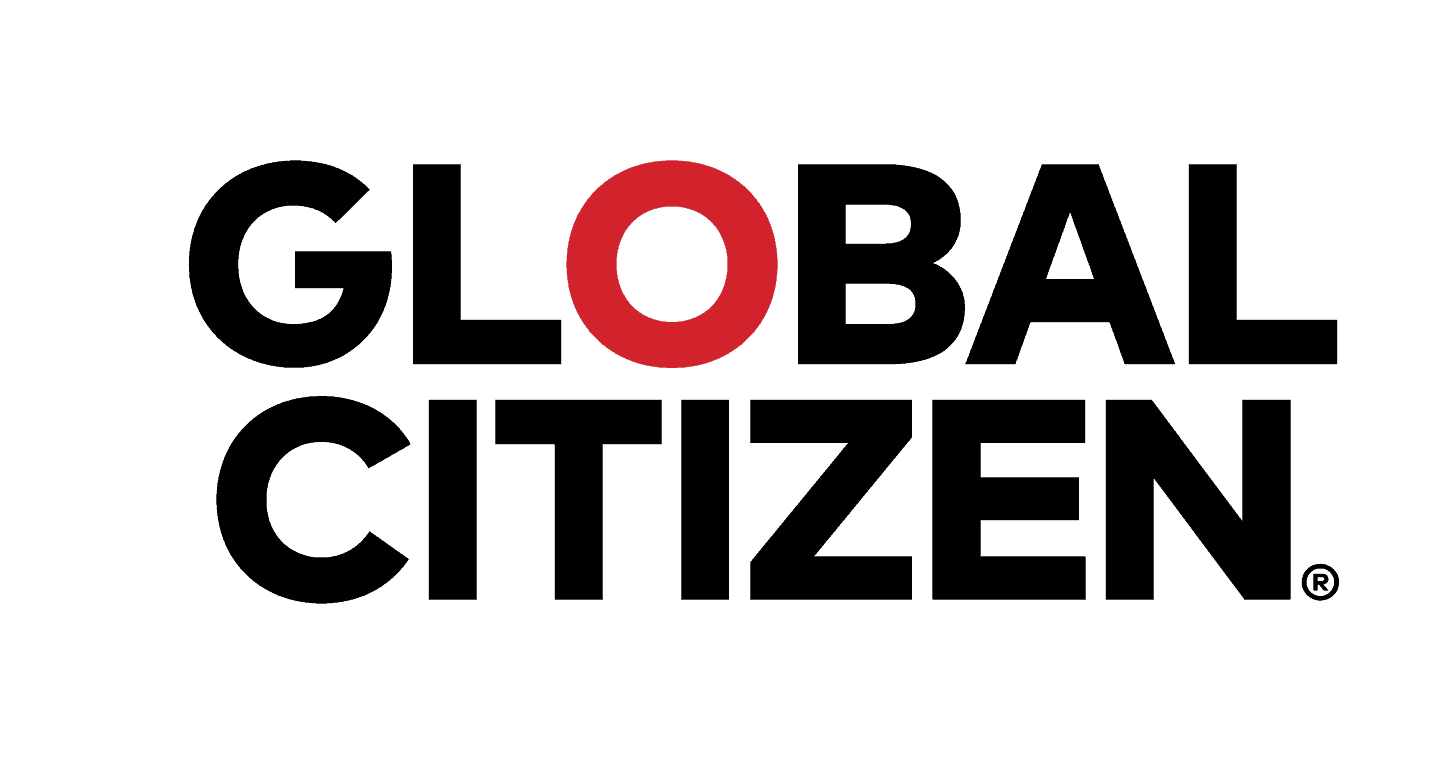
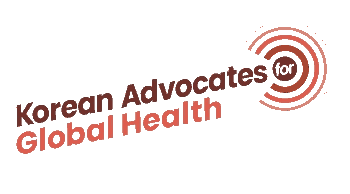
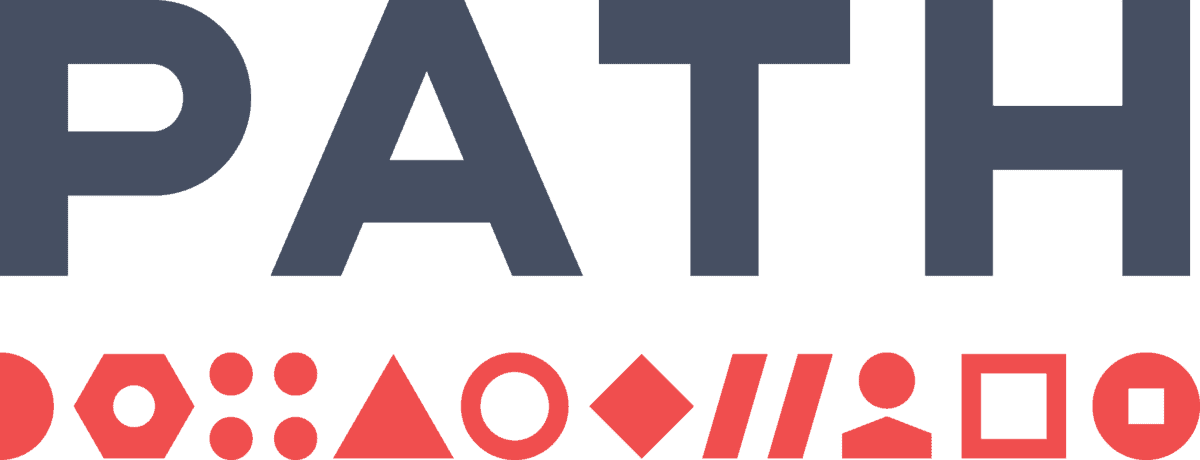
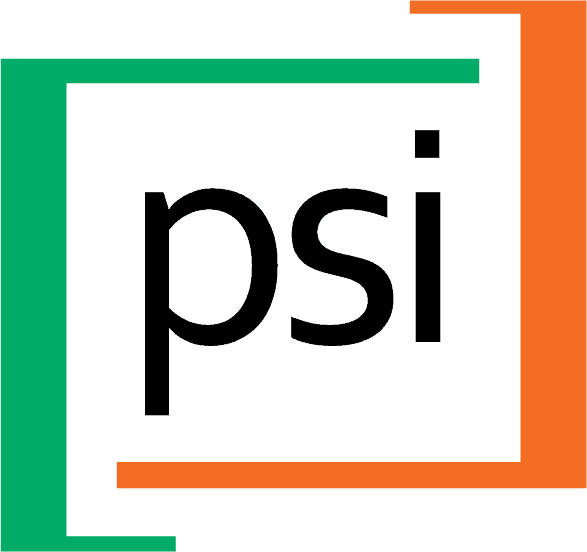

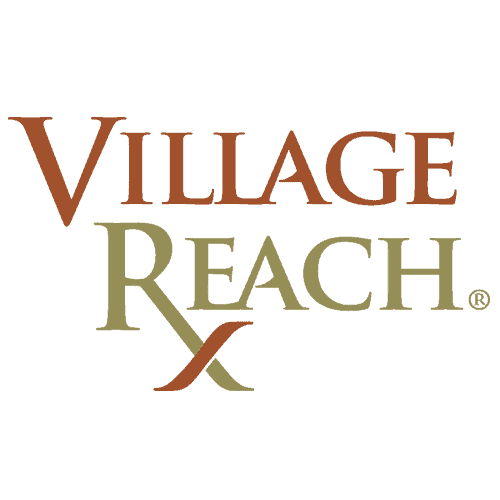
If your organization would like to sign on, please email Hanna Hwang.










